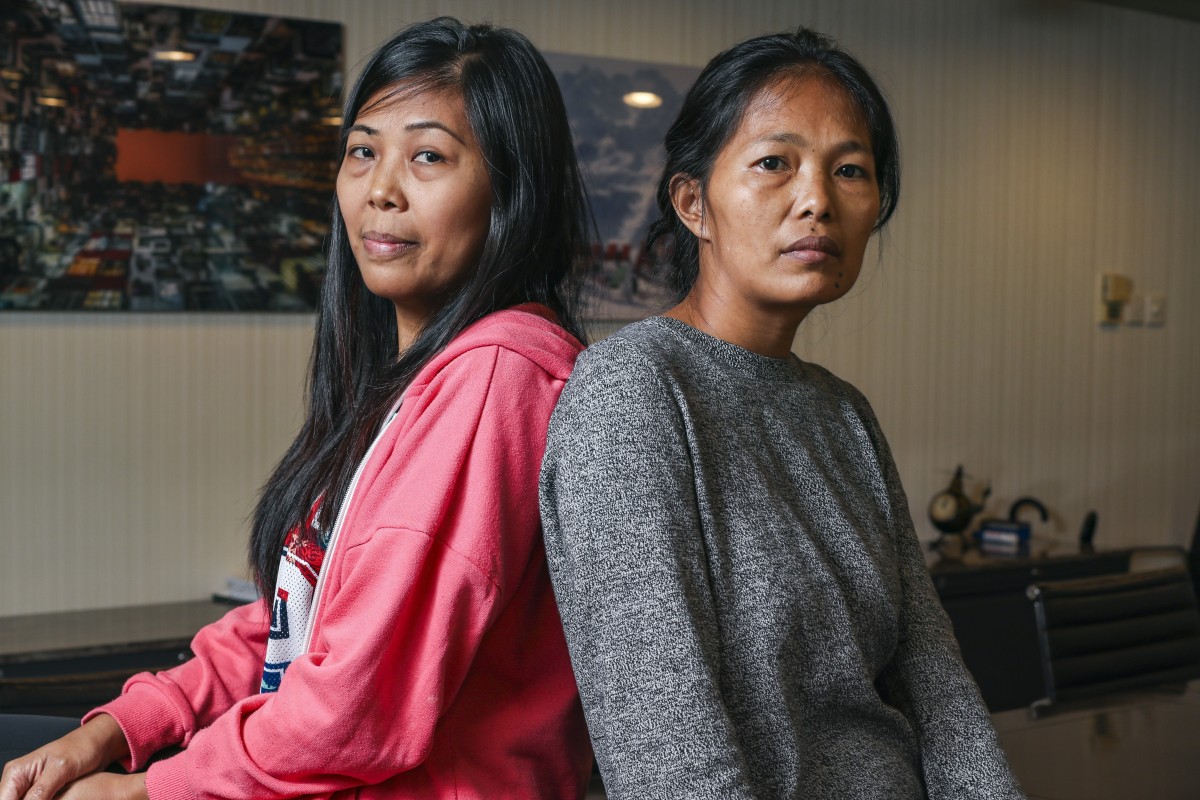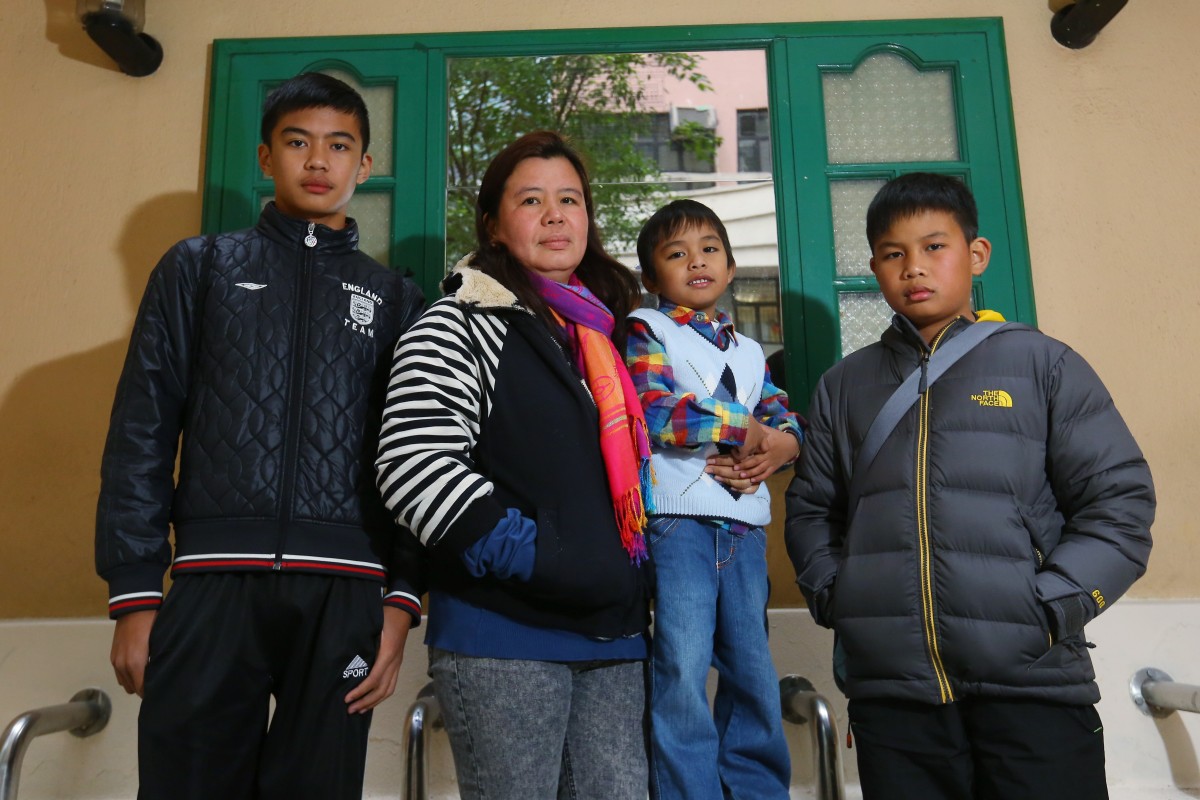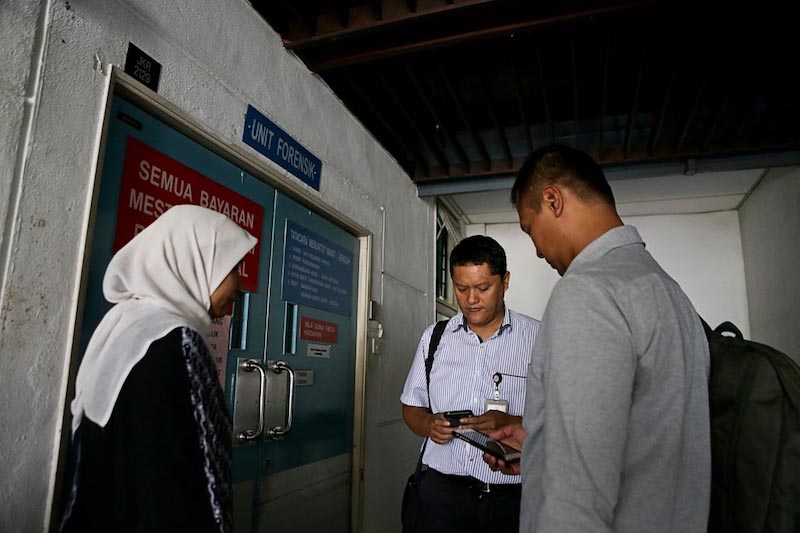
Jeanelyn Padernal Villavende
On July 4, 2019, 26-year-old Jeanelyn Padernal Villavende left her village on the island of Mindanao, in the Philippines, and headed for Kuwait, where a job as a domestic worker awaited her. Five months later, on December 28, 2019, Jeanelyn Villavende arrived, or was dumped, already dead, showing signs of having been tortured, at Sabah Hospital. Her employers are under arrest. The Philippines expresses its outrage, and, yesterday, declared a partial ban on “deployment of workers” to Kuwait. Two years ago, reflecting on Saudi Arabia’s execution of domestic worker Tuti Tursilawati, we asked, “Why does the world not care about the young women of color who travel long distance and leave families and communities behind, precisely to keep the world, our world, functioning?” The redundancy and familiarity of Jeanelyn Villavende’s story suggests that was the wrong question. This repeated narrative of migration, abuse, torture, exploitation, death, return, 15 minutes of national “outrage”, followed by return to the same, this is the quality of our concern for young women of color in the contemporary global marketplace. As an Ethiopian domestic worker in Lebanon once put it, “We are like oil to our government”. After an oil spill here and there, it’s back to business as usual.
None of this is new. If anything, it’s a cliché by now. The neoliberal global economy was built on global cities that required 24-hour-a-day, 7-days-a-week service, and so, among other industries, the household care work sector exploded. Urban areas of certain areas demanded more and more domestic workers, and certain nation-States, the Philippines most notably, turned themselves into mega-brokerage houses for mass migrations of domestic workers … like so much oil. The sending countries lauded the women as heroes of the nation and promised to protect them. But that protection never came. If it had, not only would Jeanelyn Padernal Villavende be alive today, she would never have had to leave in the first place.
Repeatedly, we have seen migrant and transnational domestic workers organizing themselves, demanding justice, making change. Filipina domestic worker Evangeline Banao Vallejos did so in Hong Kong, as did Indonesian domestic worker Erwiana Sulistyaningsih, and as are Filipino domestic workers Baby Jane Allas, Milagros Tecson Comilang, and Desiree Rante Luis. Adelina Lisao is a mirror sister of Jeanelyn Padernal Villavende: 26 years old, Adelina Lisao left Indonesia to work in Malaysia, and returned home, visibly tortured, in a body bag. Why does the world not care about the young women of color who travel long distance and leave families and communities behind, precisely to keep the world, our world, functioning? We do. This is how we care. We speak of justice, for example “justice for Jeanelyn Villavende”, and then return to business as usual. No one cries forever over a little spilled oil.
In February 2018, the Philippines imposed a total deployment ban on Kuwait, which it rescinded in May 2018. In May 2019, the Philippines imposed a total deployment ban on Kuwait, which it rescinded soon after. Each one of these bans occurred in response to spectacular brutality and death visited upon Filipina domestic workers. Each time, Kuwait and the Philippines signed a new deal. Each time, women were told they were protected. This is why almost every headline involving Jeanelyn Padernal Villavende’s torture and murder says “another”: “PH condemns killing of yet another Filipina domestic worker in Kuwait”; “PH gov’t condemns death of another Filipino domestic worker in Kuwait”; “Another OFW killed in Kuwait”. Another just like the other just like the next … so many drops of oil.
Around the world, domestic workers, overwhelmingly women, are organizing. They know that neither justice nor dignity come in some afterlife. There is absolutely no point in intoning “justice for Jeanelyn Villavende” as if that would conjure her up. It’s time to remember Mother Mary Harris Jones’ exhortation to striking miners: “Your organization is not a praying institution. It’s a fighting institution. It’s an educational institution along industrial lines. Pray for the dead and fight like hell for the living!”
(Photo Credit: Sun Star Manila)


